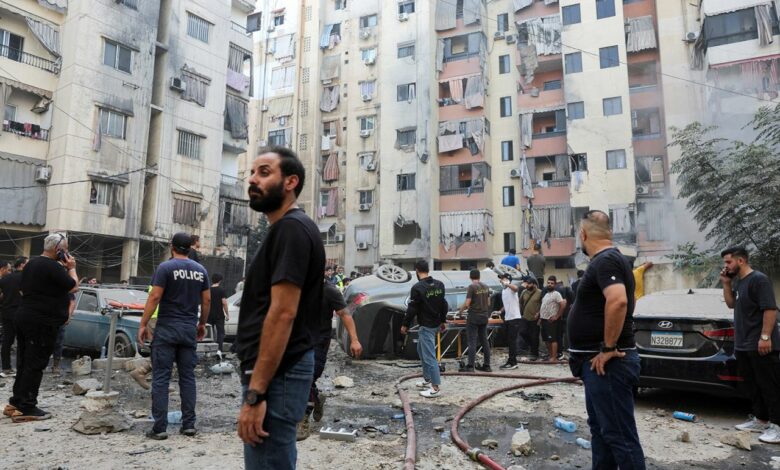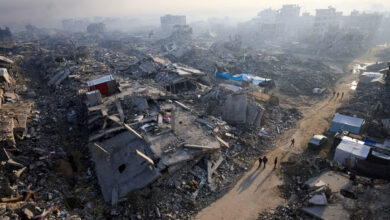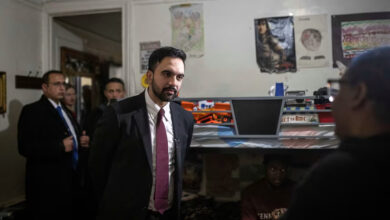
At least 31 people have been killed in an Israeli missile strike on a multistory building in south Beirut on Friday targeting Hezbollah, the Lebanese health ministry says. Among the dead is a Hezbollah commander, Ibrahim Aqil, a fresh blow to the militant group which had also lost members in the attacks on wireless devices earlier in the week.
Get caught up:
- Toll rises: The number killed in the Israeli missile strike on a multistory building in south Beirut has risen to 31, the Lebanese health minister Firass Abiad said. The strike leveled the building in a densely populated neighborhood. A CNN team on the ground in Beirut saw a frantic effort to rescue people from underneath the rubble and rush the wounded to hospital. Witnesses said nearby buildings shook for nearly half an hour after the strike.
- Who was Aqil?: The US has accused Aqil of involvement in the 1983 US embassy strike, which killed 63 people, as well as the Hezbollah bombing of the Beirut Marine barracks, which killed 241 US personnel later that year. Last year, the US State Department announced a reward of up to $7 million for information on him.
- Why Israel carried it out: Aqil, part of Hezbollah’s elite Radwan Force, was assassinated along with several other commanders, IDF spokesperson Daniel Hagari said. The military alleged that Aqil and the commanders were the architects of a plan to raid and occupy communities in Galilee in northern Israel and kill civilians and Israeli soldiers, comparing it to the October 7 attacks carried out by Hamas last year.
- Exploding devices: The attack on Friday was the latest in a string of surprise Israeli attacks on Beirut and other sites across the country. The first major attack came Tuesday afternoon when pagers belonging to Hezbollah’s members exploded near-simultaneously. Almost exactly 24 hours later, Lebanon was rocked by a second wave of explosions, after Hezbollah walkie-talkies detonated in Beirut and the south of the country on Wednesday. At least 39 people were killed in the twin attacks; 12 on Tuesday and 27 on Wednesday.
- Violation of human rights law: In a United Nations Security Council meeting on Friday, UN human rights chief Volker Türk on Friday warned that the detonation of communication devices could violate international human rights law. Lebanese Foreign Minister Abdallah Bou Habib and Israeli Ambassador to the UN Danny Danon clashed at the heated meeting, with Bou Habib calling on the council to condemn Israel’s actions and Danon slamming the Lebanese envoy for not mentioning Hezbollah.



